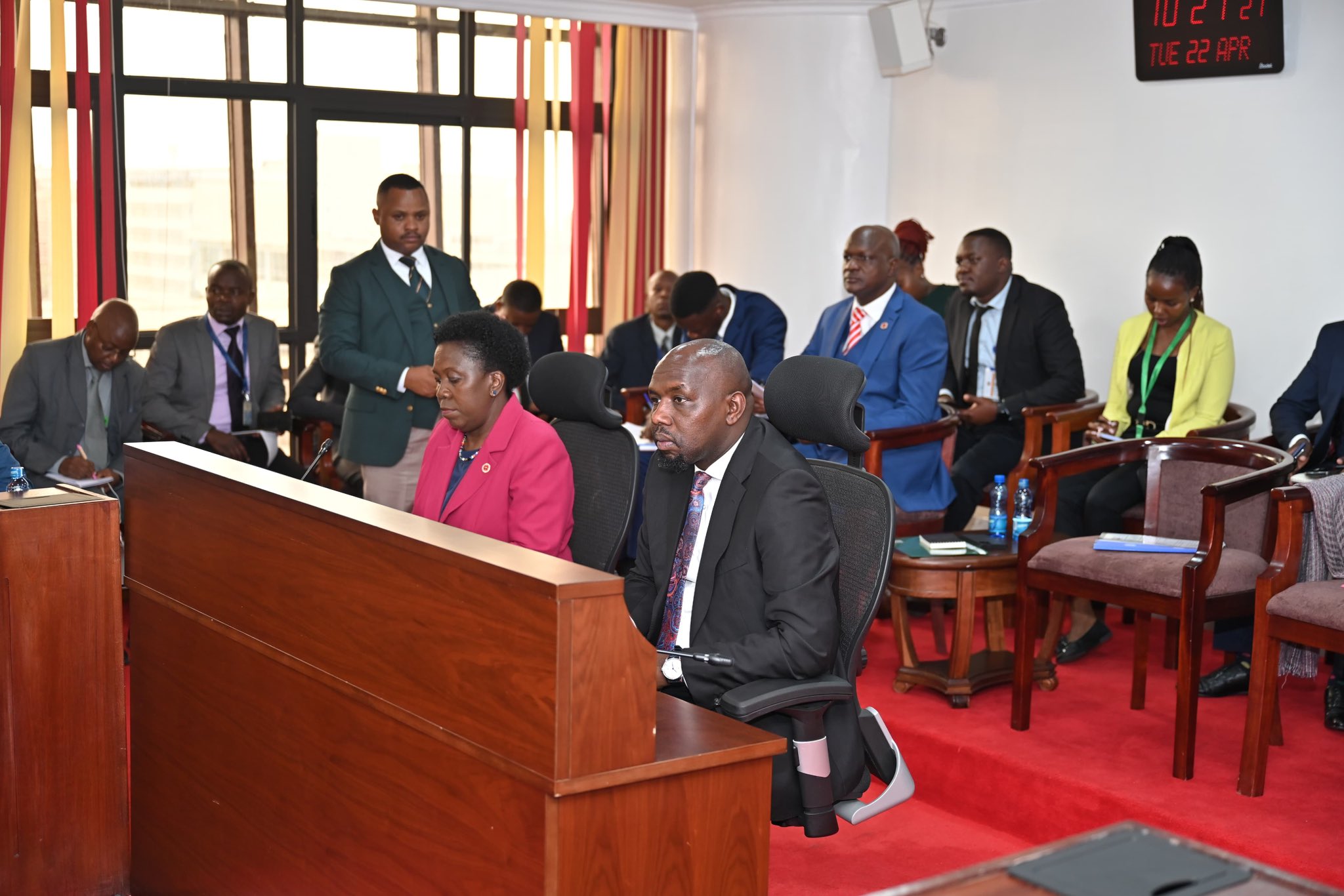
The Ministry of Interior and National Administration has confirmed that investigations are ongoing into the fatal shooting of Issack Abdulla Jarso by Kenya Wildlife Service (KWS) rangers.
According to a statement tabled in Parliament, the incident occurred on December 29, 2024, during a KWS operation to evict herders from Tsavo East National Park.
Statements were taken from witnesses, including Jarso’s wife, friends, and brothers, as well as the 23 KWS rangers involved.
All the rifles used in the operation were taken to Nairobi for ballistic testing.
The results are still pending.
The Directorate of Criminal Investigations is leading the inquiry under file No. 4/2024.
The case has been forwarded to the Director of Public Prosecutions for further directions.
The DPP has asked for additional details, including the ballistic report.
“Once the investigation is concluded, appropriate legal action will be taken against the KWS officer(s) found culpable,” said Interior CS Kipchumba Murkomen.
“During the operation, the rangers encountered Issack Abdulla Jarso, his family, and friends at his manyatta. An altercation ensued, escalating into a physical confrontation between him, his friends, and the rangers. This confrontation resulted in the fatal shooting of Issack Abdulla Jarso.”
The incident was reported to the Garsen Police Station at 10:45 a.m. by the area sub-chief.
Officers responding to the scene found Jarso’s body with a gunshot wound to the upper right thigh. He was pronounced dead at the scene.
Investigators recovered four spent cartridges and moved the body to Malindi Sub-County Hospital mortuary for a postmortem.
The report confirmed that the cause of death was a gunshot injury.
The government has pledged to prevent similar incidents through joint sensitisation forums, increased patrols, and enhanced coordination among security agencies.
Efforts are also underway to strengthen community policing and improve relations between law enforcement and local communities.
“The government is revitalising community policing initiatives by establishing and supporting Nyumba Kumi clusters,” said Murkomen.
He also highlighted multi-agency collaboration and public sensitization as key strategies to avoid future conflict.
Murkomen was appearing before the National Assembly Committee on Administration and Internal Security.










